We are actively involved in shaping a culture of equality among the whole University community.
Acting for parity
We lead actions to promote parity, i.e. equal representation of women and men in all fields and ranks of academic professions. These actions are geared towards our lecturers, faculty members and administrative staff, of all ranks, levels and scopes of responsibility.
Measuring inequality
We analysed 2019 data on gender breakdown among all our staff, according to status, body, rank, position, bonus and salary. A new survey is currently examining 2022 data.
In 2023, we launched a survey to identify the gender breakdown in responsibilities held by our male and female faculty members, in addition to obstacles and levers.
The gender equality index
Legal framework
Pursuant to
Law n°2023-623 of 19 July 2023 (in French), French public administrations are required to publish several indicators regarding remuneration gaps between men and women. A gender equality index, scored out of 10, is calculated on the basis of three indicators measuring public servant and contractual staff remuneration gaps in terms of promotions and access to the highest paid jobs. If the equality index score is below the 75/100 target set by
decree (in French), the employer has three years to reach that target, or may incur a fine of up to 1% of the payroll.
Université Grenoble Alpes (UGA) 2024 professional gender equality index
UGA scores
82 points out of 100 on this index. The score was 81/100 in 2023.
This score is based on three separate indicators:
- The overall remuneration gap between male and female public servants (average pay for women compared to men in equivalent bodies, ranks or levels): 39 points out of 40. This score has not changed since 2023.
- The overall remuneration gap between male and female contractual staff (average pay for women compared to men on equivalent levels): 39 points out of 40. This score has not changed since 2023.
- The number of public agents of the underrepresented gender among the ten highest-paid public agents: 4 out of 20, i.e. 2 women out of 10. In 2023, this score was 2 out of 20, as only one woman was represented.
Elements of interpretation
The analysis of remuneration gaps was produced by a DGAFP-DESSI tool on 2022 data for all male and female agents with permanent positions for the year in question. The remuneration taken into account included gross index-related pay, residence allowance and all bonuses or miscellaneous allowances (excluding family income supplement and commuting expenses).
Learn more
You may consult the
2021 survey (in French) and the
statistical annexe in the PAE 2023 report (in French), or the USR for more details on the gender breakdown in staff and wage gaps at UGA.
Providing information on inequality
We organise awareness and information actions on the gender breakdown of professional responsibilities in the university sphere. For example, hiring committees receive annual information on the unconscious biases influencing the recruitment of faculty.
Righting inequalities
We implement actions to rectify any known inequality, particularly as part of the gender equality action plan.
Acting for parity
Fostering diversity in science, technology, engineering and mathematics (STEM)
We lead actions to promote diversity in study fields, i.e. the balanced representation of women and men in all disciplines.
Promoting female scientists
We encourage applications from women for excellence prizes and scholarships, such as the
Irène Joliot Curie Prize (in French).

